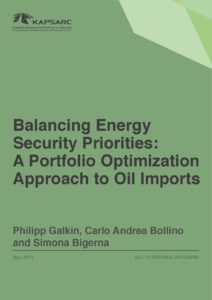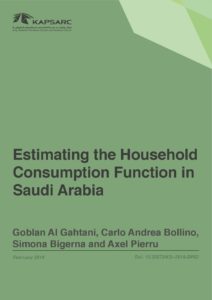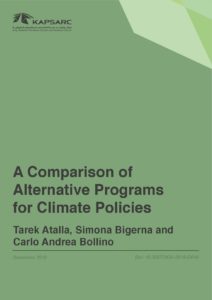
Balancing Energy Security Priorities: A Portfolio Optimization Approach to Oil Imports
The idea of energy security emerged after the energy crises of the 1970s. It has evolved from the initial paradigm of assuring sufficient energy supplies to include a price affordability perspective and, eventually, many other energy-related issues, such as infrastructure, environmental impacts, societal effects, energy efficiency and governance. However, security of physical supply and price affordability remain the paradigm’s two key pillars. This study applies financial portfolio theory to the energy security issues of East Asia’s four major energy importers: China, Japan, South Korea and Taiwan. The authors calculate the relative risks associated with the dynamics of oil imports, and the import prices paid, and estimate the efficient frontiers for corresponding import portfolios. Lastly, the study runs several scenarios that simulate the effects of restructuring the four countries’ oil import portfolios and of external disruptions, notably US sanctions on Iranian oil sales. The paper’s key findings include: The short-run impact of a fully enforced Iranian oil export embargo would increase portfolio risk across the board, within a 3% to 15% range. However, the subsequent substitution of Iranian oil imports by other suppliers would prove beneficial for Japan and Taiwan. The risk premium associated with passing through the Malacca Straits would result in a 27.5% increase in price volatility for China’s oil imports, although the negative impact on its average import price level would be less pronounced, at 2.6% compared to between 5.2% and 5.8% for the other three importers.
28th May 2019

